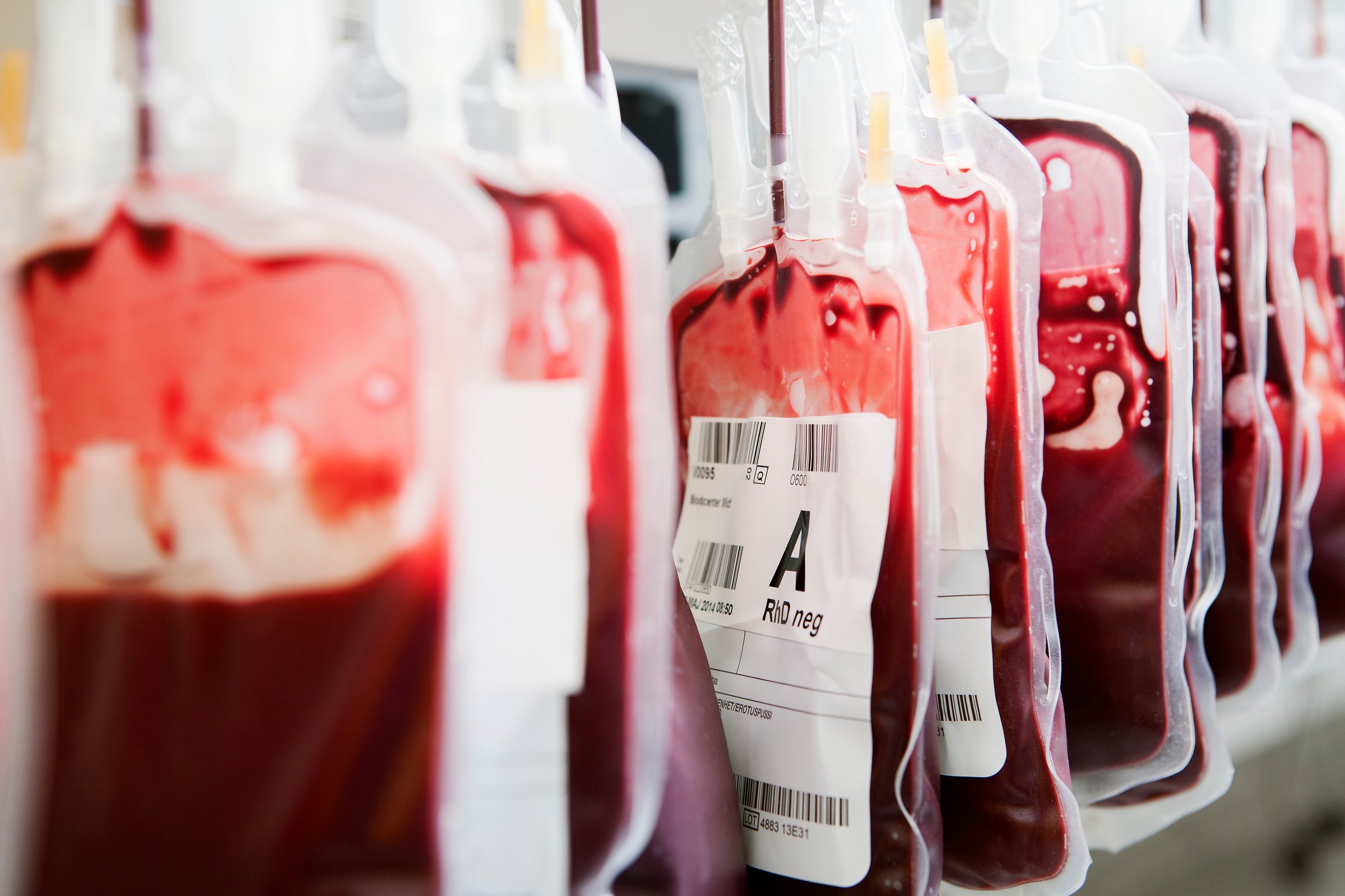
Argentina ended its ban on gay and bisexual men donating blood on Tuesday, a decision that may have an impact on countries like the U.S. that still restrict blood donations from men who admit same-sex relationships.
Health Minister Daniel Gollán said the decision was “scientifically and technically accurate,” Slate reports. Gay rights advocates in the country had been trying to change the ban for 15 years.
Bans against gay and bisexual men donating blood have been commonplace in many countries, the United States included, since the beginning of the AIDS epidemic. However, a small number of countries like Italy and now Argentina have changed their laws so that donor acceptance is based on overall risk rather than sexual orientation. For instance in Italy, everyone —men and women— is assessed on their sexual risk, and those who have been tested and are determined to have safe sexual practices can donate.
The United States, however, still has highly restrictive laws for men who have sex with men. A ban implemented by the FDA in 1983 forbade men from donating blood and tissue for life if they had sex with another man after 1977, the year the AIDS virus began spreading, even if they tested negative for HIV.
Since then, testing technologies for HIV have become increasingly innovative, but the U.S. policy regarding donation has moved only incrementally – the policy remained largely unchanged for over thirty years, despite opposition by the American Medical Association, America’s Blood Centers and the Red Cross, who said it was based on bad science.
In 2013, however, 86 members of Congress wrote to the U.S. Department of Health and Human Services (HHS) arguing that the agency was behind the times. “We have seen vast advances in blood screening technology, blood donation policy changes in other countries allowing MSM to donate, and opposition from our nation’s blood banks who have called the current ban ‘medically and scientifically unwarranted.’’ the letter reads. “Our current policies turn away healthy, willing donors, even when we face serious blood shortages.”
In Nov. 2014, an advisory panel to the FDA voted 16-2 that the FDA and HHS adopt a one-year deferral method, which would allow men who have sex with other men to give blood after they have been abstinent for one year. In Dec. 2014, the FDA announced it would move forward on implementing this new policy.
But advocates say its not enough and it’s still discriminatory. “The FDA’s move to implement a one-year deferral is nothing more than a defacto lifetime ban. They require men who have sex with men, including married monogamous gay couples, to be celibate for a year. They are not doing this to heterosexuals who could also come in contact with HIV,” says Anthony Hayes, vice president of public affairs and policy for Gay Men’s Health Crisis (GMHC). “It’s not based on current science. That’s why you are seeing countries like Argentina make these changes. We have to stop responding to HIV and AIDS like it’s the 1980s. There’s a better way to protect the blood supply and be more inclusive about our policy.”
The FDA says that men who have had sex with other men are the population “most severely affected by HIV.” The agency says its deferral policy is “based on the documented increased risk of certain transfusion transmissible infections, such as HIV, associated with male-to-male sex and is not based on any judgment concerning the donor’s sexual orientation.”
Those who want the ban lifted altogether say it will increase the nation’s blood supply and save lives. A 2014 report from The Williams Institute estimates that if the ban were lifted 360,600 men would likely donate 615,300 additional pints of blood each year, increasing the total U.S. annual blood supply by 2 to 4% which could help save the lives of over a million people.
Given that the U.S. only just implemented its newest version of the policy, it’s unlikely authorities will be heading back to the drawing board soon. However, those following the progress of other countries remain hopeful. “I think Argentina’s move is incredible,” says Hayes. “I think the U.S. should continue to explore removing the ban. It’s not needed, and not medically necessary to protect the blood supply.
More Must-Reads from TIME
- How Donald Trump Won
- The Best Inventions of 2024
- Why Sleep Is the Key to Living Longer
- Robert Zemeckis Just Wants to Move You
- How to Break 8 Toxic Communication Habits
- Nicola Coughlan Bet on Herself—And Won
- Why Vinegar Is So Good for You
- Meet TIME's Newest Class of Next Generation Leaders
Contact us at letters@time.com